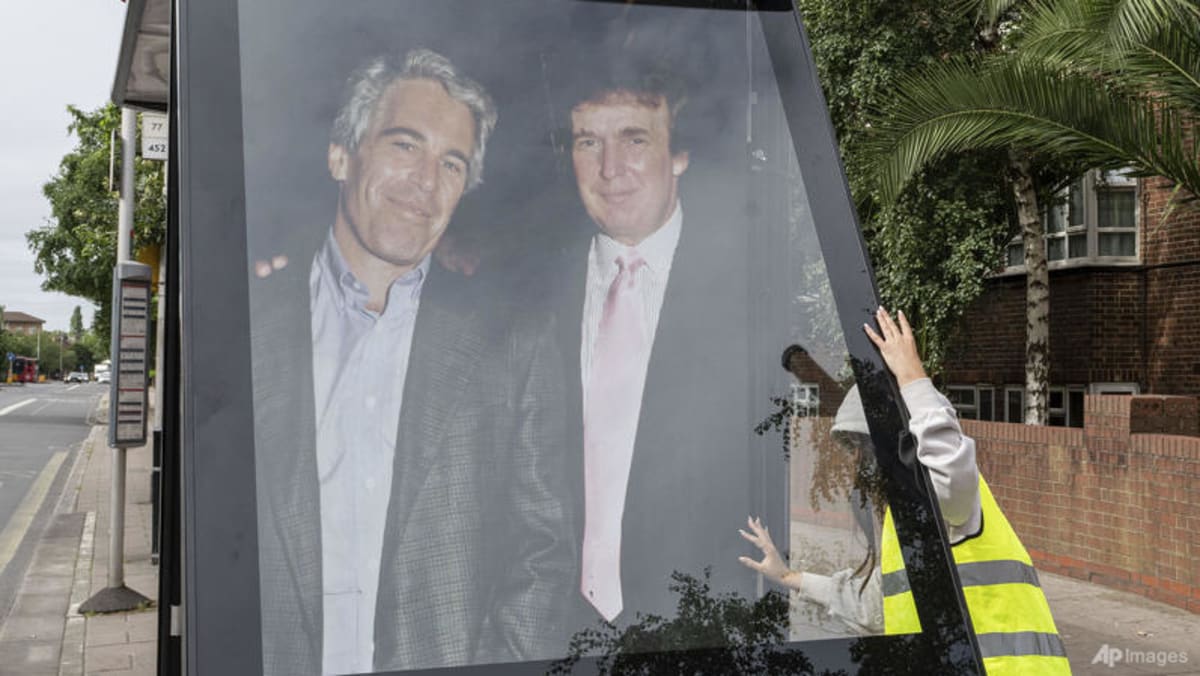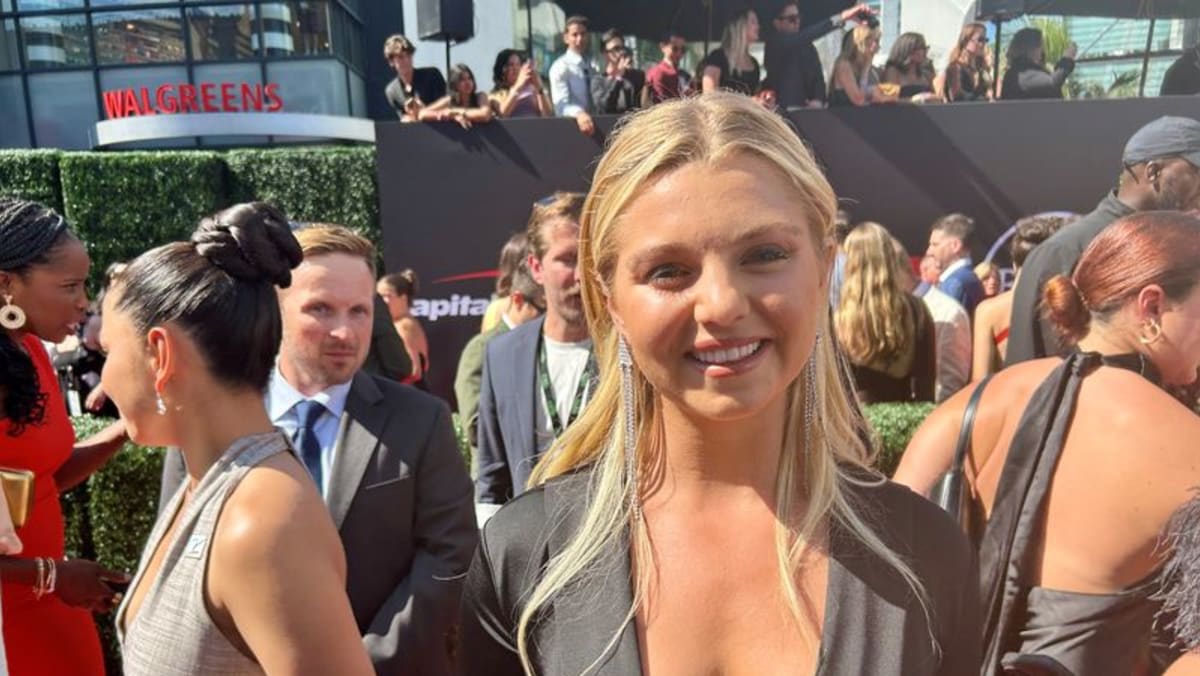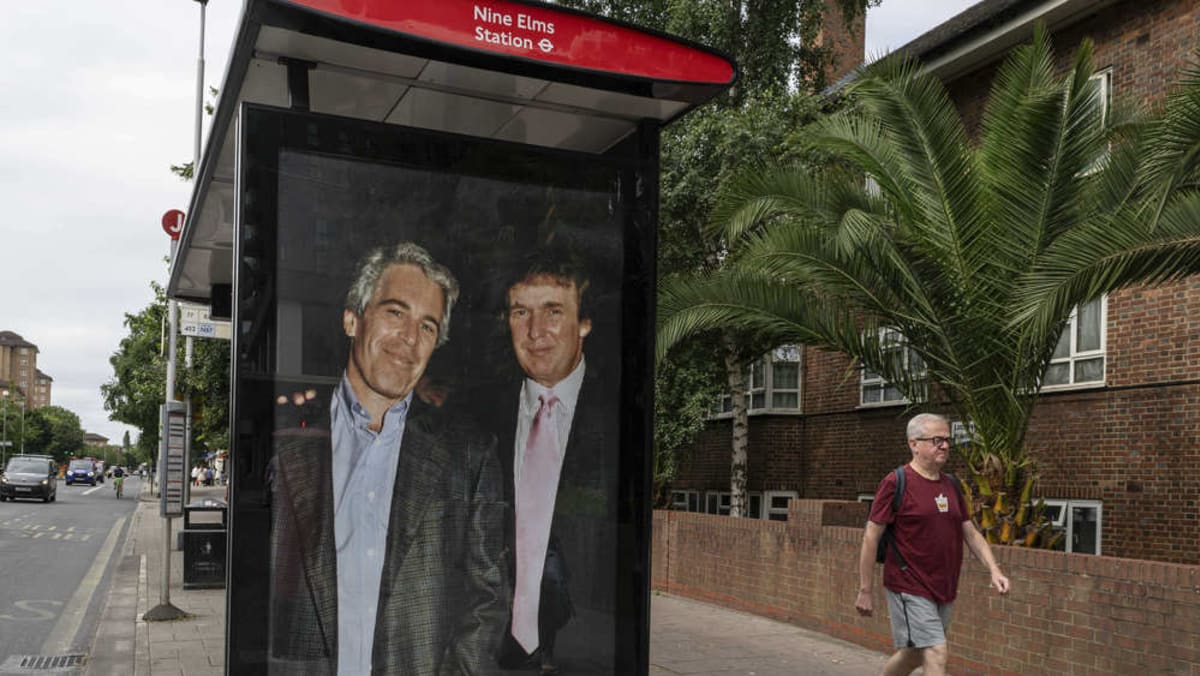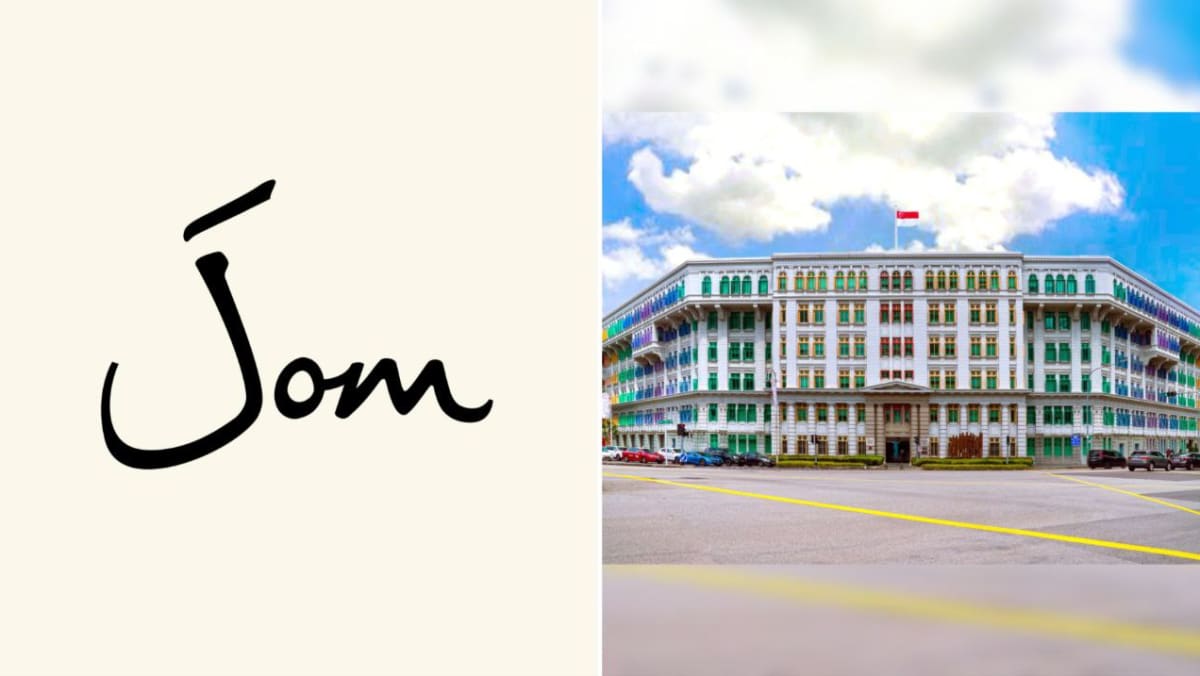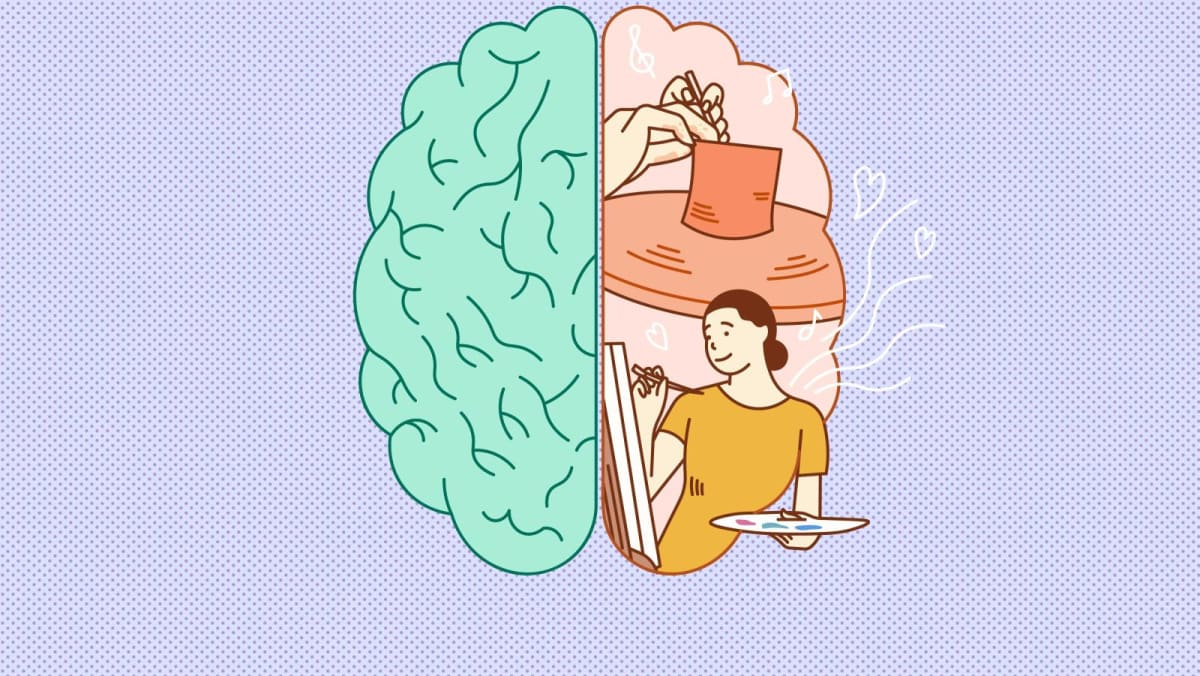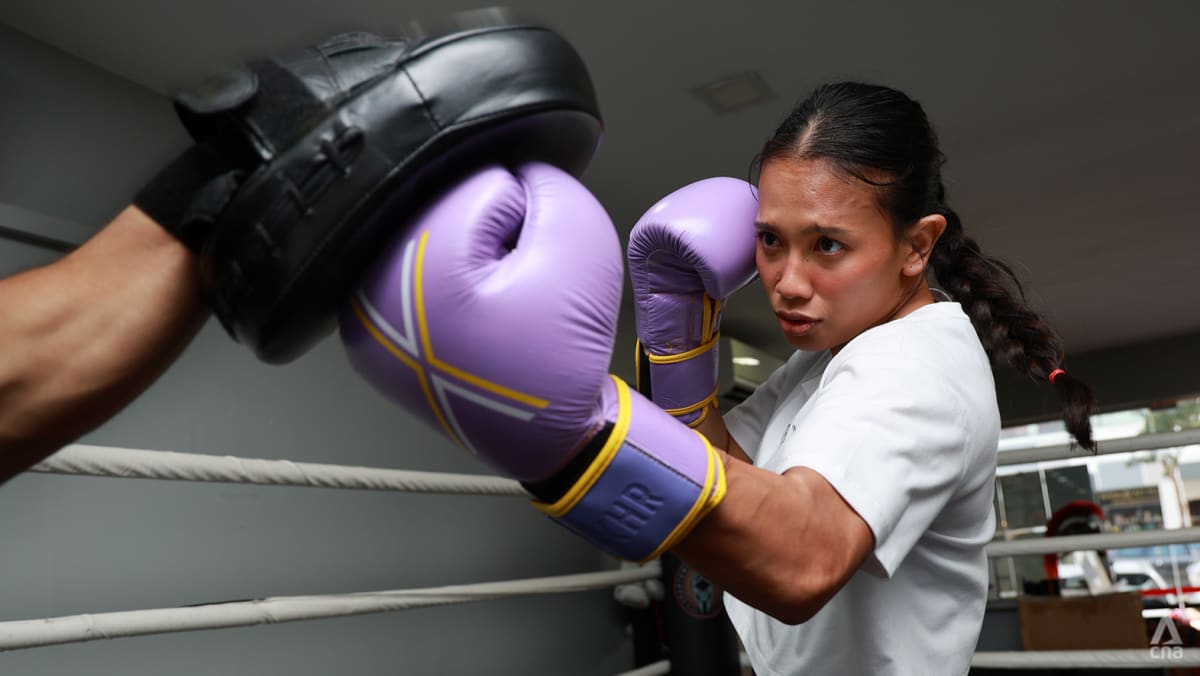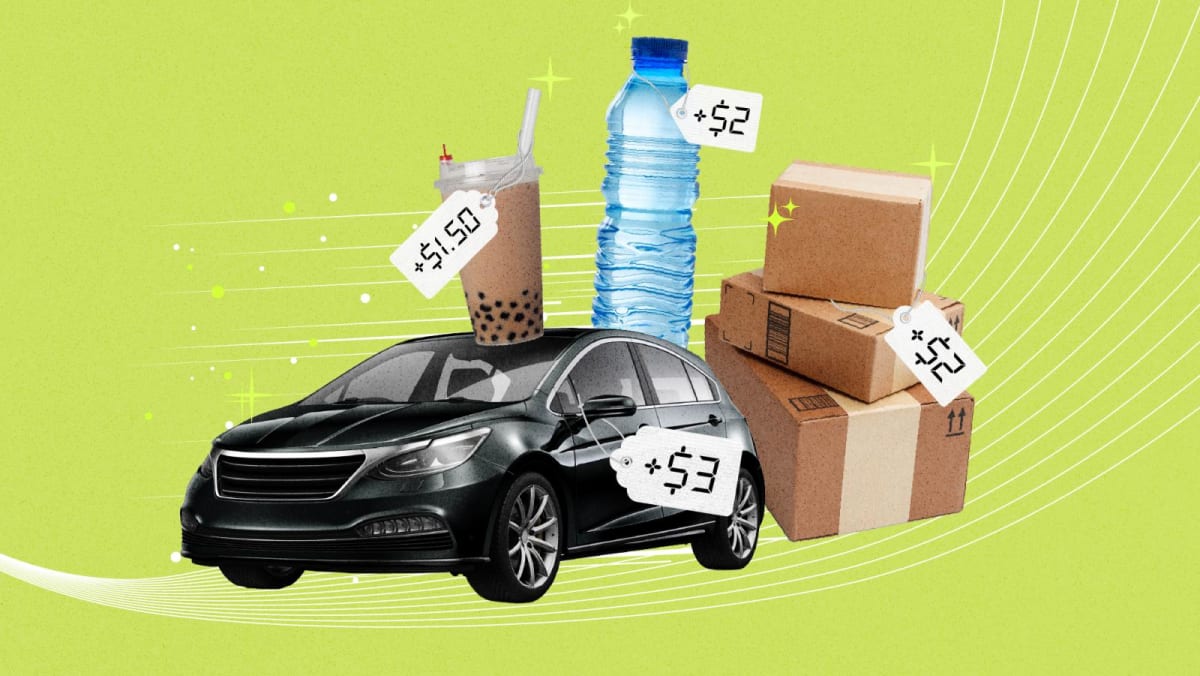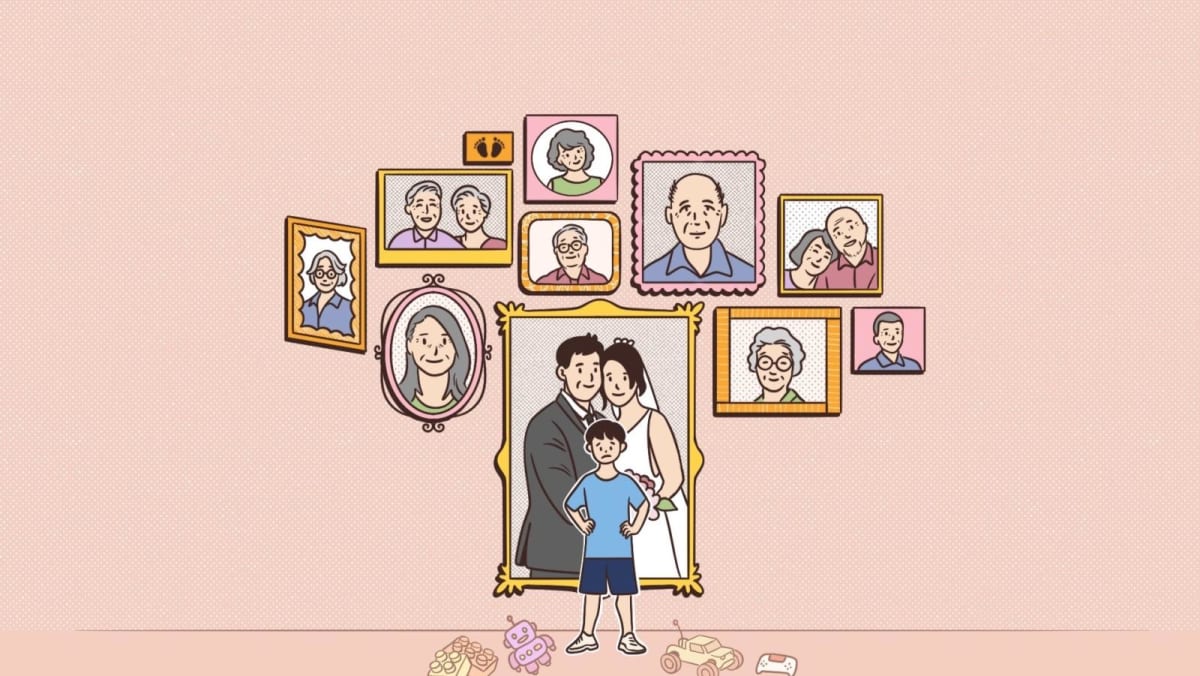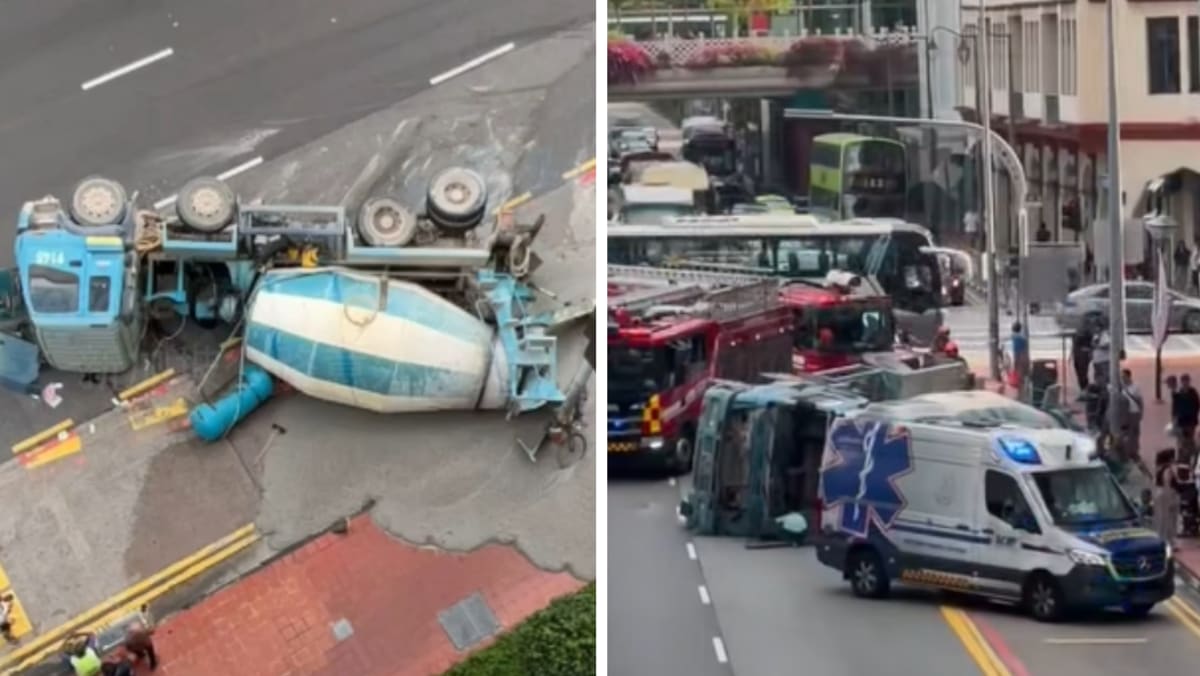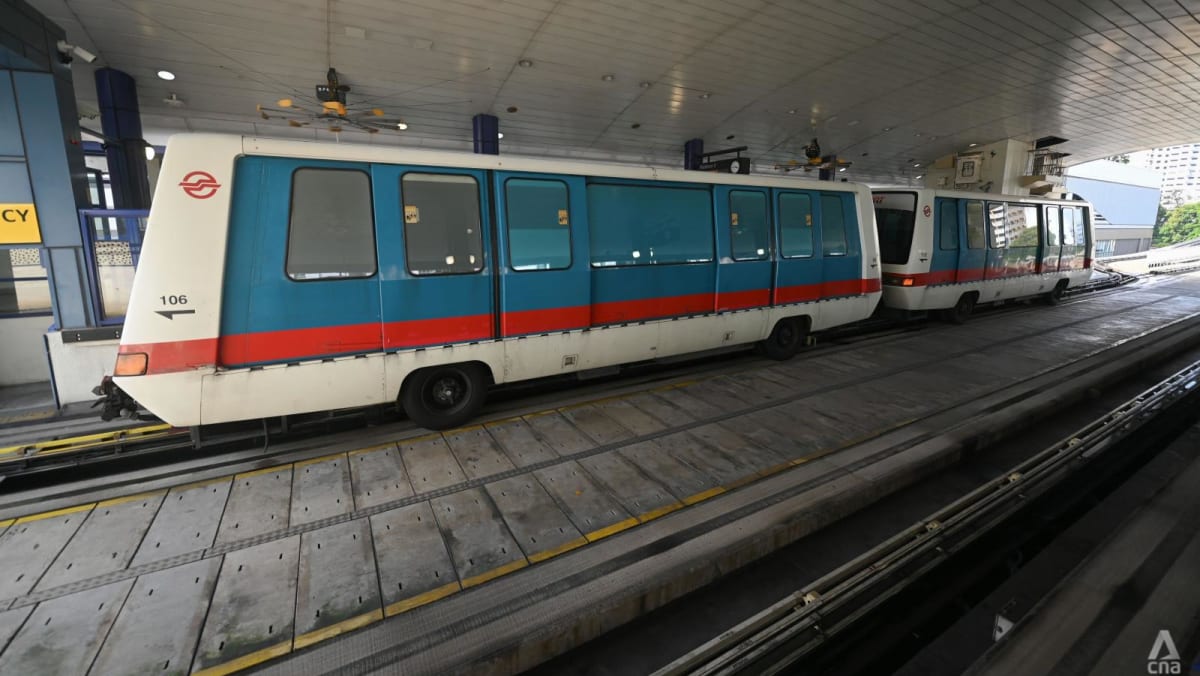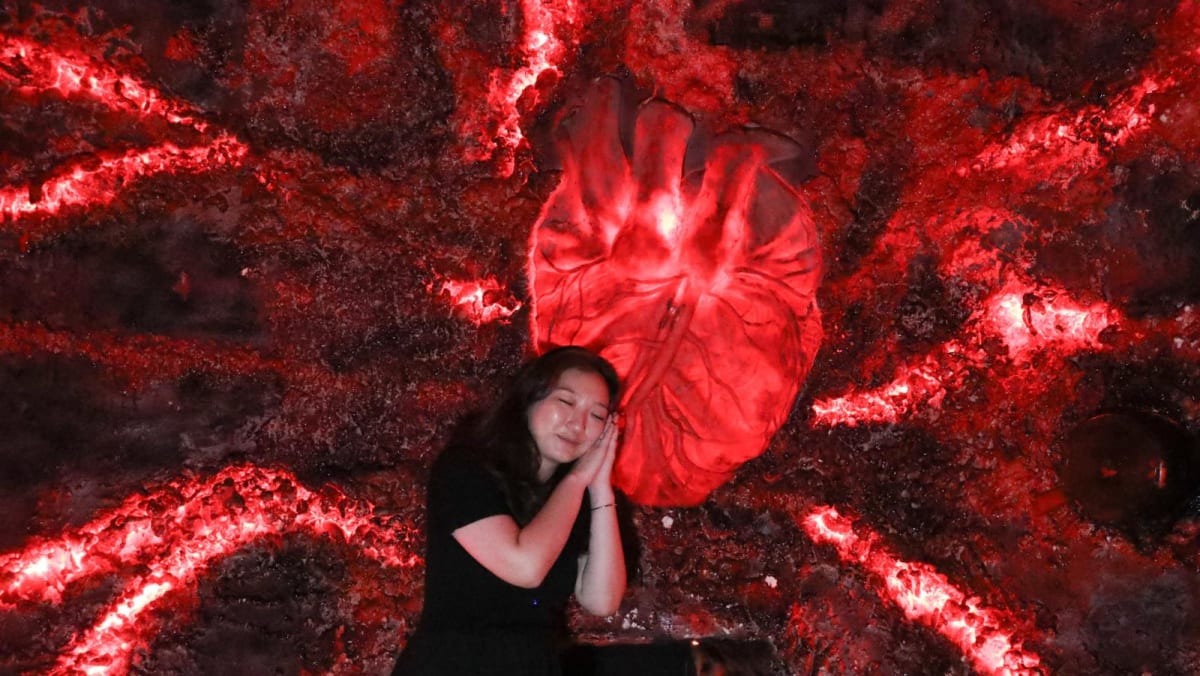Under the law, only political parties, candidates, election agents and authorised third parties can publish paid OEA and this must also be declared to the returning officer.
MDDI said that this rule is in place to ensure transparency and accountability and prevent the use of paid advertisements to bypass the election expense limits for political parties and candidates.
The publishing of unpaid OEA is also prohibited during the cooling-off period for election campaigning, which lasts from midnight on May 2 until polling closes on May 3.
Jom said in its Facebook and Instagram posts on Tuesday that it was informed by IMDA that its articles flouted the PEA regarding OEA and that it was barred from “promoting (‘boosting’) our work on Meta”.
It also said that it reached out to Meta and was informed of the same thing.
On its social media accounts, Jom states that it is a weekly digital magazine “covering arts, culture, politics, business, technology and more in Singapore”.
It said on Tuesday that its ability to grow its readership and business through social media is vital and that the articles in question are still available to read on its website since the authorities’ order was just to prevent it from promoting the articles through Meta.
Meta states on Facebook that users who want to advertise on its platforms may do so by boosting a post or creating an advertisement.
A boosted post is an advertisement created from an existing piece of content that the users have published on their Facebook Page or Instagram account and this will help the post to reach more people on Facebook or Instagram.
The technology company also states that boosted posts are still considered ads because they require a budget to be shared with a wider audience.
